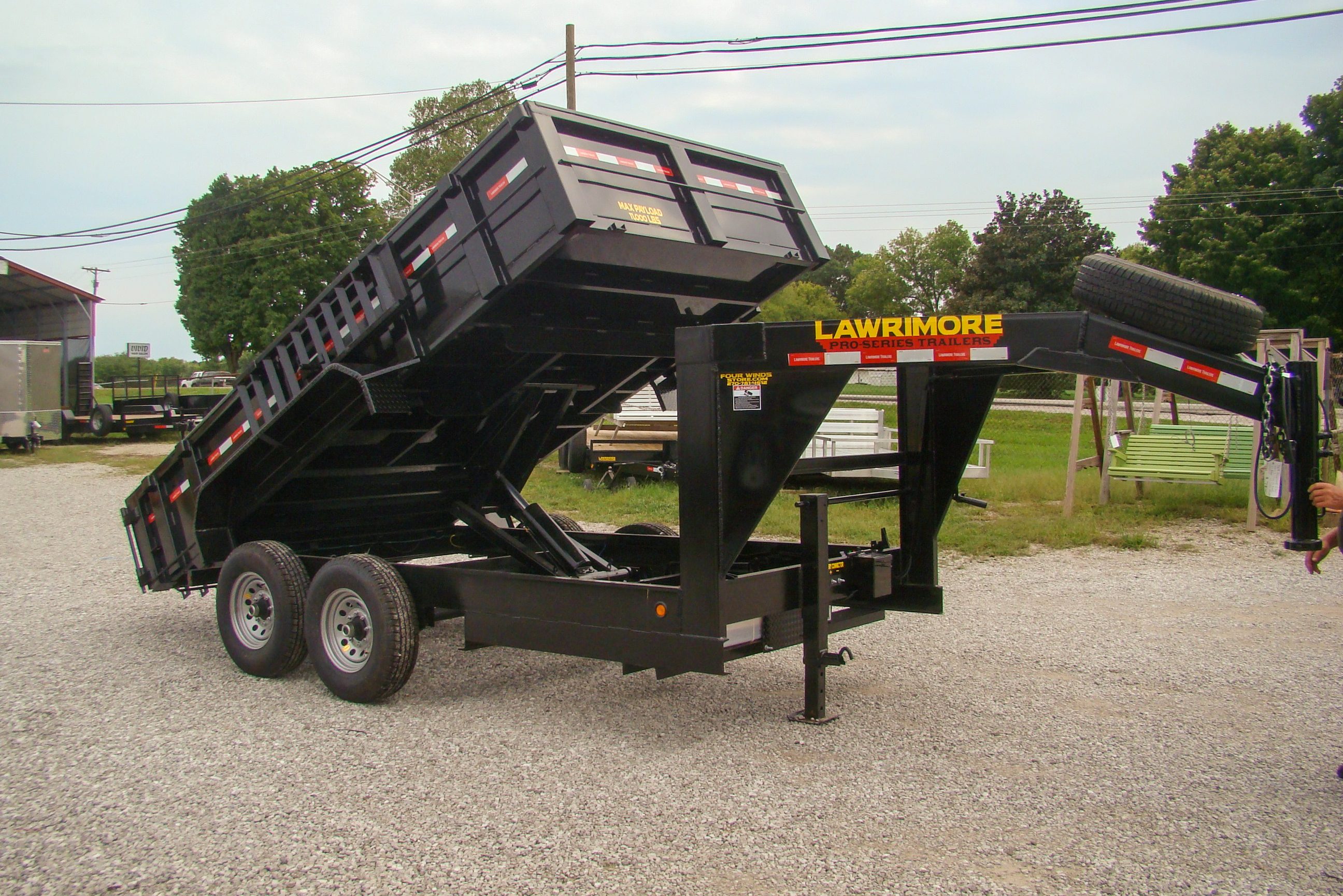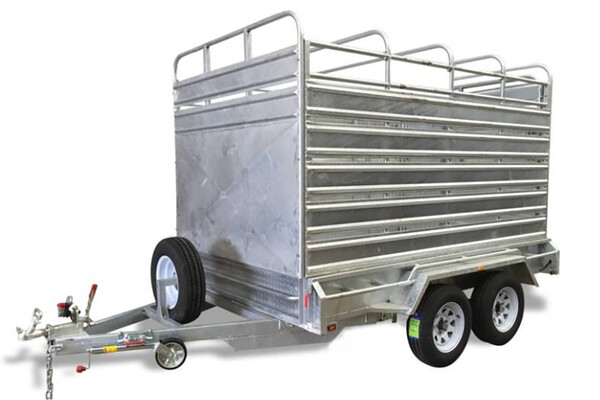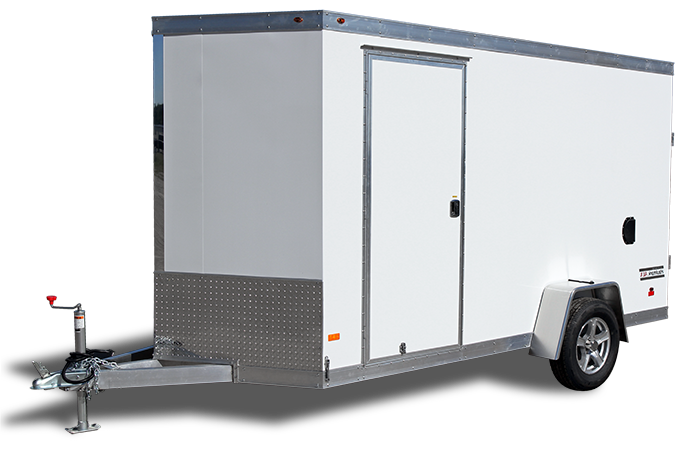Proper maintenance of your trailer is crucial for safety and efficiency, and one of the most critical components to monitor is the brake cable. The brake cable is responsible for transmitting the force from the brake controller to the trailer’s braking system. If this cable is worn or damaged, it can lead to serious safety issues. In this article, we will explore the common signs that indicate your trailer brake cable needs attention, helping you ensure a safe towing experience.
Understanding the Importance of the Trailer Brake Cable

Before diving into the signs of a failing brake cable, it’s essential to understand its role. The trailer brake cable connects the tow vehicle to the trailer brakes, enabling the brakes to engage when the vehicle slows down or stops. This mechanism is vital for:
- Safety: Proper braking is crucial for preventing accidents and ensuring the safety of both the driver and other road users.
- Control: A functioning brake cable allows for better control over the trailer, especially during emergency stops.
- Regulatory Compliance: Many states require trailers to have functioning brakes, especially if they exceed a certain weight.
Signs Your Trailer Brake Cable Needs Attention
Recognizing the signs of wear or damage in your trailer brake cable can save you from potential accidents and costly repairs. Here are some common indicators to watch for:
1. Unresponsive Brakes

If you notice that your trailer brakes are unresponsive or do not engage when you press the brake pedal in your tow vehicle, it may indicate a problem with the brake cable. This could be due to:
- A frayed or broken cable that no longer transmits the braking signal effectively.
- A disconnected cable that needs reattachment.
In such cases, it’s crucial to check the cable immediately and replace it if necessary, as unresponsive brakes can lead to dangerous situations.
2. Excessive Brake Wear

Another sign that your trailer brake cable may need attention is excessive wear on the brake pads or drums. If you notice that the brakes are wearing out more quickly than usual, it could be due to:
- Poor cable tension, which may cause the brakes to drag.
- Improper connection or adjustment of the brake cable.
Regularly inspecting your brake components can help you identify this issue early.
3. Visual Damage to the Cable

A visual inspection of the brake cable can reveal signs of wear or damage. Look for:
- Fraying or cuts in the cable.
- Rust or corrosion on the cable or connectors.
- Cracks or breaks in the cable housing.
If you notice any of these issues, it’s time to replace the brake cable to maintain safe towing conditions.
4. Abnormal Noises
Listening for unusual sounds while towing your trailer can provide insights into the condition of your brake cable. Common sounds to be aware of include:
- Squealing or grinding noises when braking, which may indicate that the brakes are not engaging properly.
- Thumping or rattling sounds, which could suggest loose components or a faulty cable.
If you hear any strange noises, it’s essential to have your trailer inspected promptly.
5. Inconsistent Brake Response
If you experience inconsistent braking, where the brakes engage too harshly or not at all, it may be a sign of a failing brake cable. This inconsistency can be caused by:
- Worn or frayed cables that do not provide reliable communication between the tow vehicle and trailer.
- Improper installation or adjustments that affect the cable’s performance.
This erratic behavior can lead to difficulty controlling the trailer, especially on downhill slopes or in emergency situations.
Case Studies: Real-World Implications of Neglected Brake Cables
To illustrate the importance of addressing brake cable issues, consider the following case studies:
Case Study 1: The Overloaded Trailer

A family on a camping trip overloaded their trailer without ensuring the brake system was adequately maintained. They experienced brake failure on a steep incline, leading to a near-accident. A subsequent inspection revealed that the brake cable was frayed and had not been replaced, highlighting the importance of regular maintenance and monitoring.
Case Study 2: The Rental Trailer
A business rented out trailers without performing thorough inspections. One trailer had a damaged brake cable, leading to a serious accident when the brakes failed. This incident not only resulted in injuries but also led to legal repercussions for the rental company. This case underscores the importance of regular checks and ensuring that all components, including the brake cable, are in good condition.
Statistics on Trailer Safety

According to the National Highway Traffic Safety Administration (NHTSA), trailer accidents account for a significant percentage of highway fatalities. In 2020 alone, there were over 4,000 accidents involving trailers, with many linked to brake failures. Regular maintenance of critical components like brake cables can significantly reduce these incidents.
Maintaining Your Trailer Brake Cable
To ensure the longevity and functionality of your trailer brake cable, consider the following maintenance tips:
- Regular Inspections: Check the brake cable and associated components at least once a month, especially before long trips.
- Keep it Clean: Remove dirt, debris, and rust from the cable to prevent corrosion.
- Proper Adjustment: Ensure the brake cable is adjusted correctly for optimal performance.
Recognizing the signs that your trailer brake cable needs attention is crucial for ensuring safe towing practices. From unresponsive brakes to visual damage, each sign serves as a reminder to perform regular maintenance and inspections. The consequences of neglecting brake cable issues can be severe, as illustrated by real-world case studies and statistics. By staying vigilant and proactive about your trailer’s brake system, you can enhance safety for yourself and others on the road.
In summary, always prioritize the health of your trailer brake cable, conduct regular inspections, and replace damaged components promptly. Doing so will not only ensure a smoother towing experience but also significantly reduce the risk of accidents.